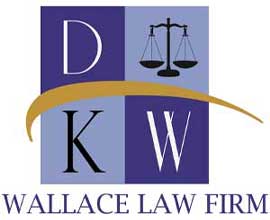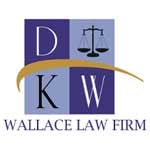Talk about a slippery slope.
Some areas of the law might seem relatively straightforward and even cut-and-dried. You were caught on radar and seen by multiple witnesses driving at 100 mph-plus through a school zone, for example. That’s likely to yield some fairly heavy criminal sanctions and not provide for much of a defense, right?
Consider this scenario, though: What if you are charged with a theft offense after borrowing a tool from a neighbor’s garage for temporary use and simply forgot to return it? What if you innocently walked past a department store check-out counter with merchandise in hand and now face a shoplifting charge?
Some fundamental considerations relevant to property crimes
Those above examples are more than mere hypotheticals presented for instructive purposes. In fact, lack of clarity concerning intent and “what actually happened” is at the core of allegations in legions of cases regarding property crimes.
Readers attuned to criminal law stories and reports regularly come across terms like larceny, burglary, robbery, trespassing and vandalism. Those criminal offenses might seem reasonably clear when statutorily defined, but things can get muddled in a hurry when it comes to charging and criminal prosecutions.
Moreover, the universe of property crimes is vast and even confusingly varied. An authoritative Florida criminal law source prominently underscores that fact. It stresses that, “Property crimes include a wide range of offenses in which property is alleged to have been stolen, damaged or destroyed.”
A proven criminal defense legal team stands ready to craft an aggressive and effective strategy against a property crime charge, knowing that there are often opportunities to uncover prosecutorial weaknesses and mitigate the downsides. An experienced property crimes attorney can provide diligent representation in matters alleging offenses like the following:
- Theft and larceny (often interchangeable terms relevant to allegations of purposely taking property without consent and no intent to return it to an owner)
- Burglary (note that “slippery slope” reference above; intent is often key in a burglary charge, which alleges unlawful entry (e.g., into a house, car or business) with the purpose of taking property or committing another crime)
- Robbery (again, intent is key, given that this charge centers on a reasonably perceived use or threat of force to take property)
- Vandalism and criminal mischief (defacing, degrading or destroying property)
An in-depth overview of property crimes notes the subjectivity – and corresponding room for defense arguments – that often surrounds them. It states that, “Most property crimes include a spectrum of degrees depending on [various] factors.”
Experienced legal counsel knows well how to provide an effective defense against a property crimes charge. There is often ample opportunity to do so.


